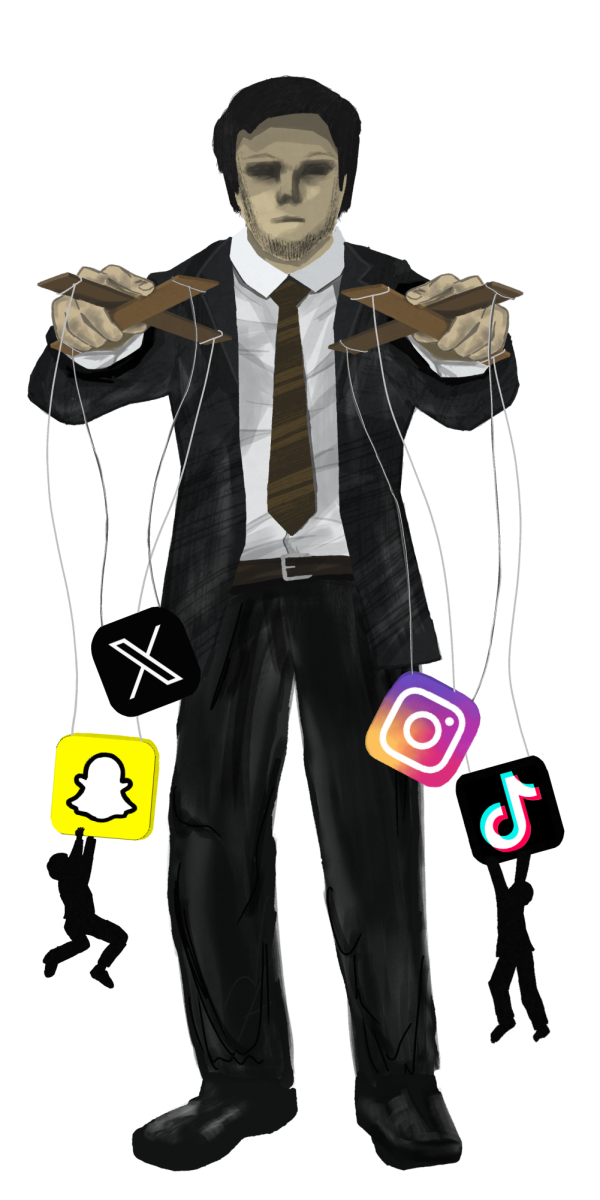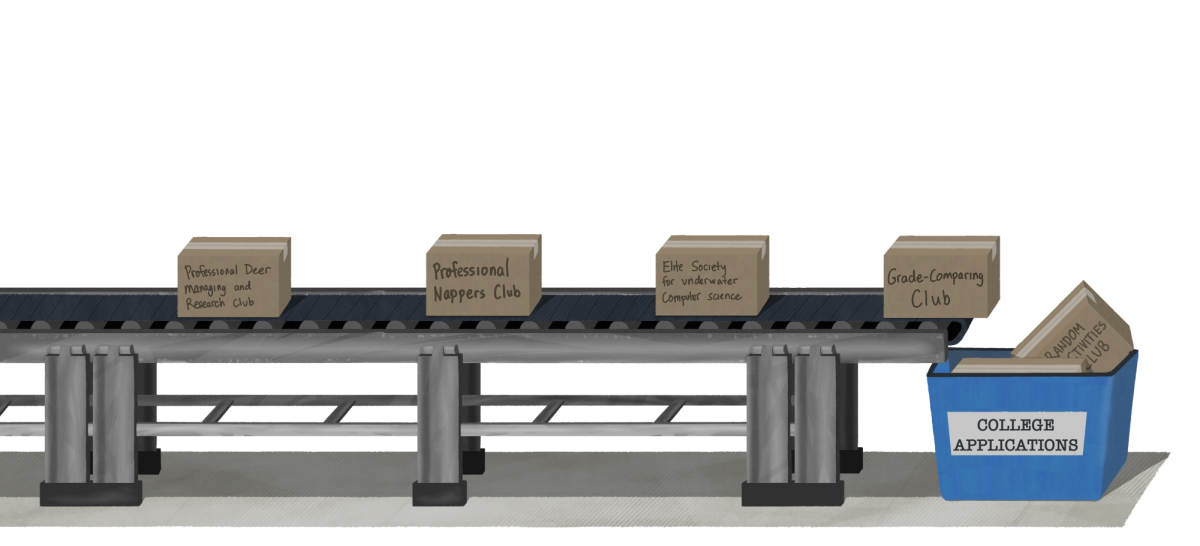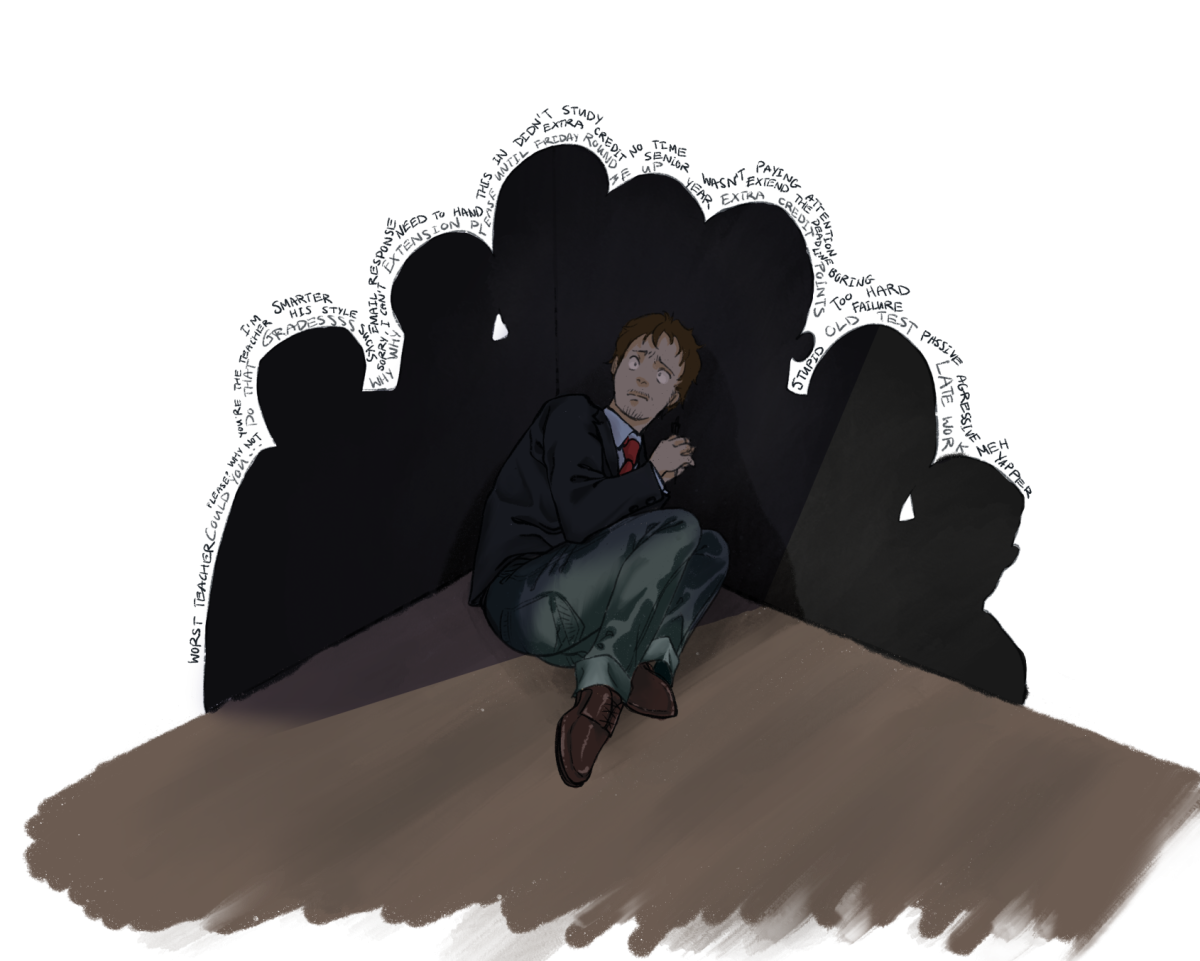The college consulting business has become a supernova, and according to a former Ivy League admissions officer, has grown by 300 percent over the last five years. Even a quick search uncovers many websites promising stunning results. The overconfidence of these businesses is frightening. Hire them and you will soon enter the Ivy League college of your choice. With their promises they deftly convert hope into cash. Increasingly propelled by greed, the industry preys on the fear of families, especially parents. A 2014 study conducted by the Independent Educational Consultants Association (IECA) on criteria says that colleges look for students found that both well-written essays and “personal characteristics that will contribute to a diverse and interesting class” have grown in importance over the last couple years.
Benefiting from the sky-high anxiety that swirls around this, the industry is exploding in size. According to the IECA, the number of independent admissions consultants in the U.S. has grown from 2,000 to nearly 5,000 in recent years. Another report found that nationally, $400 million was spent on college consultants in 2012. Hourly rates in the Bay Area can be as high as $400 an hour, and comprehensive packages with regular meetings throughout high school can add up to several thousand dollars.
The private counselor business has been booming and largely unregulated for a decade now. Thousands of such counselors exist, ranging from solo practitioners to large companies that offer packages in which students are advised and coached for several years in high school. A candidate’s every move is in an admissions cycle, and with companies such as boasts made about inside connections to the admissions offices where many private counselors used to work, the industry is cited by some critics as an example of the way college admissions has become a game, a unregulated game that favors the wealthy. Private college counseling creates massive inequalities in college accessibility. According to CNBC, one such counseling service in New York starts off with a 90-minute consultation and then a six-hour boot camp so a counselor could review her essays and Common App costing $10,000. Because of its high costs, it restricts social mobility by giving rich students an unfair advantage in getting accepted into top tier schools. Other students are competing with lots of other students for a few minutes of attention with their high school guidance counselor.
Another concern for private college counselors is that the growing number of consultants appear to have little or no working experience in the college admissions field. It could be a young college grad establishing a extra business by providing essay advice, an individual seeking a career change, or, according to University Business, an entrepreneur fashioning a glitzy website with the financial backing of hopeful investors. Some consultants allege incredible success rates at “the most selective colleges.” Of course, there are no ways to verify these claims, which makes the private college counseling industry not worth investing into because of the many risks it possess.
Some private admissions consultants have worked as admissions readers at universities. Many of their brochures will advertise that they are college application readers and can help with application writing. In most cases, this means they are temporary “external readers” hired for application season. That is, during every admissions reading period from December to February, most large universities hire temporary readers to help sort the great pile of applications. This means that some of the consultants won’t know all the facts unlike a more professional consultant, making them an untrustworthy choice and a waste of money.
What had long been a collection of local, relatively low-cost, home-based businesses is morphing into an expensive industry. Independent private counselors can still play a crucial role in educating families, providing them with guidance on how to effectively make use of their high school counselors and on when to seek out private counselors. Many school counselors are put off by families seeking outside help. Still, they must face the fact that private advisors are growing. It has grown from about 1,500 in 2008 to more than 8,000 professionals, IECA said. This figure does not include the extra 10,000 to 15,000 who “dabble” in it to earn extra income. This is the gilded age of education, where the rich and powerful are able to perpetuate their influence by getting an advantage into elite schools. Private counselors only increase the educational opportunity gap between those who can afford such a luxury and those who can’t, making it something to deeply think about before considering one yourself.






















